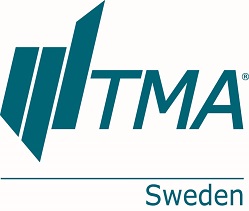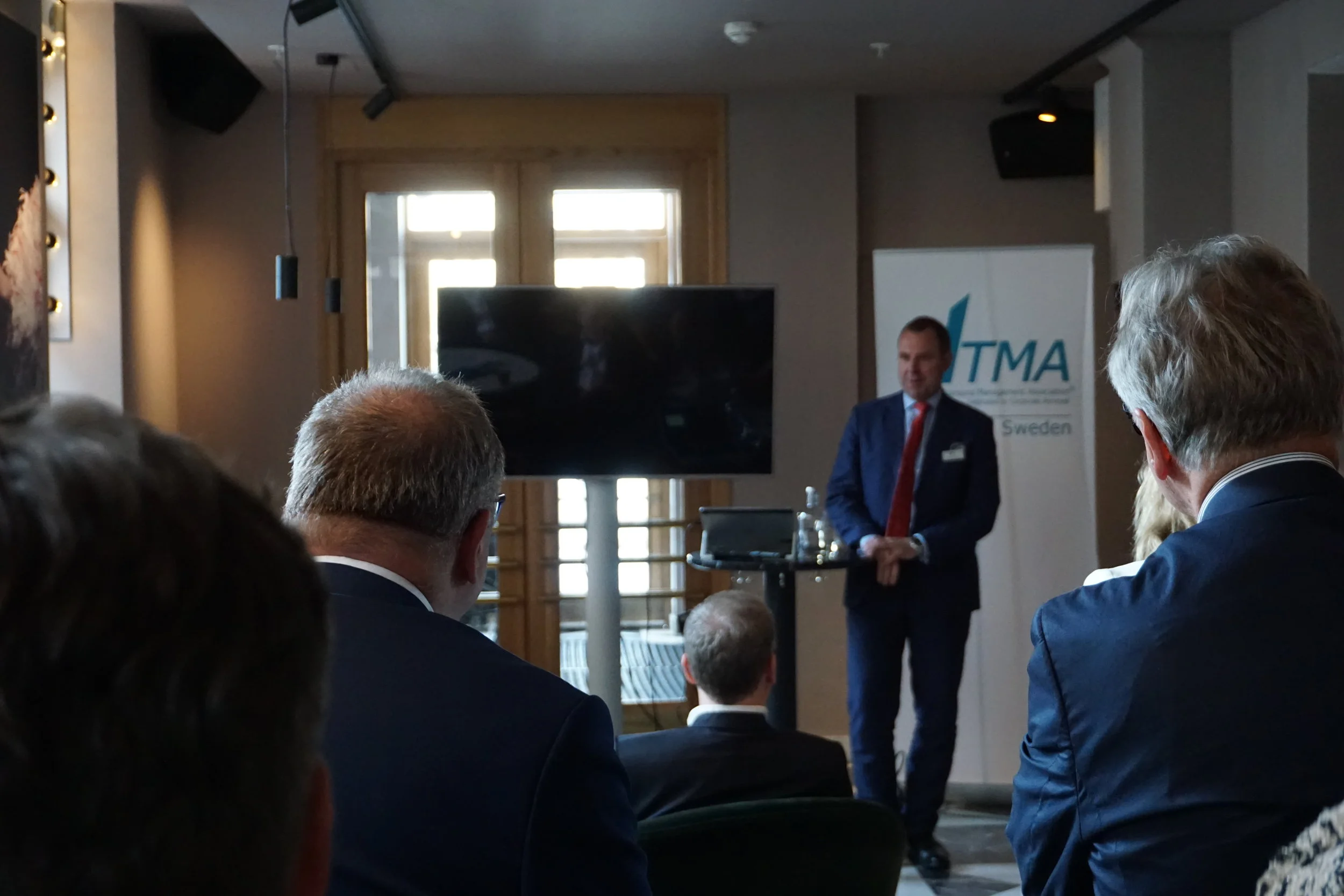Hans Lindén started out, sharing his experience from turning around a SEK 500 million turnover company during a 12 month time. The challenge was that the company had delivery and quality problems at the same time as production had been moved from Sweden to Eastern Europe. With a background from larger organizations in the steel industry and within ABB, Hans could bring a lot of stability to the organization. What was needed was a change of culture and Hans drove the change from the bottom with a change of behavior, introducing lean methods, daily production meetings, etc.
A lesson learned was that to change the culture, the behaviors needed to change – and the lean toolbox (with a lot of persistence) proved to do just that.
Carl Brodén, from Roschier, shared his experiences of cultural clashes in a coupl of negotiation situations. First was a case of a Leveraged Buy-Out which went through a reconstruction. The mezzanine bond-holder took a very aggressive stance in the negotiations. The tone was not very productive and in the end the more senior lenders managed to secure their own debts whereas the mezzanine holder ended up with losing access to all securities.
The second case was a case of cultural clash between countries. After a change of ownership a company ended up with a Russian owner, but with the lenders being Swedish. There was a lot of mistrust between the parties and also quite inflexible stances on the negotiation position. In the end, the parties found out each other’s objective, which resulted in a debt to equity swap that eventually gave the senior lending banks a good return on rather than bailing out as was a possible outcome.
The lessons learned from this case, was that it is always good to listen and learn, as well as that some creativity to structure a company (and its debt) can sometime end up with a better solution for all parties involved.
Lastly, but not least, Ulla Hemmi-Adolfsson, from Altelate Consulting, presented her experience, when leading the IBM Technical Services in Sweden during a year. Ulla and her team had to start the year with some cost overruns from previous year and it did not look to good. Ulla increased the transparency and raised the awareness among the consulting staff of the situation. Changing the culture into a business-minded focus was needed to get everyone contributing to sales and business development. She concluded that to get back to “black and back on track” she needed to look both short term and long term – in the short term, the organization to on consulting projects that were good for business in the short run, but she also had to ensure the organization found a strong focus for the future.
After the presentations, the host of the evening, Beth Topolovsky, Stinson partners moderated the discussion. After the formal part, the group moved over to mingling and enjoying the hospitality of Mannheimer Swartling – many thanks to Christoffer Monell, for making this possible.











